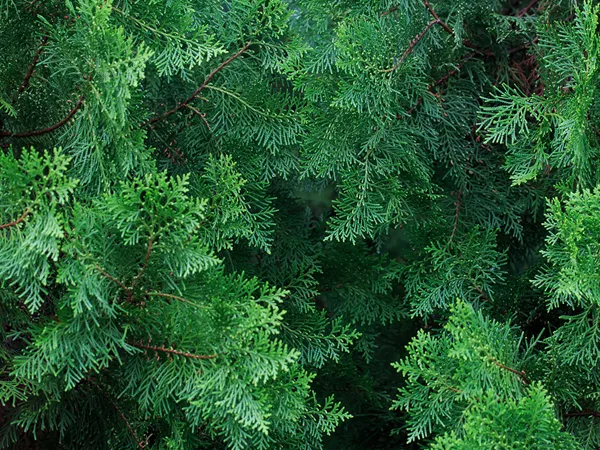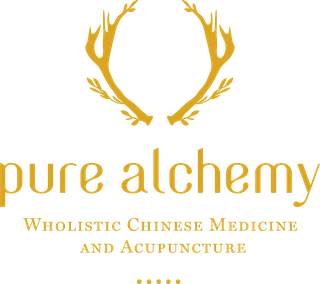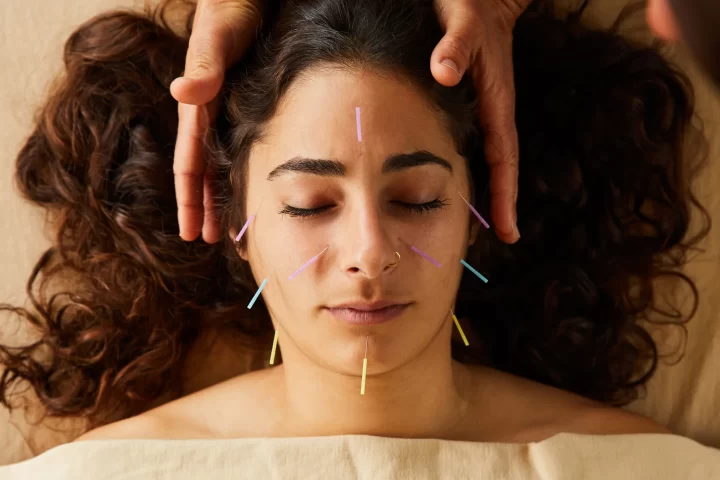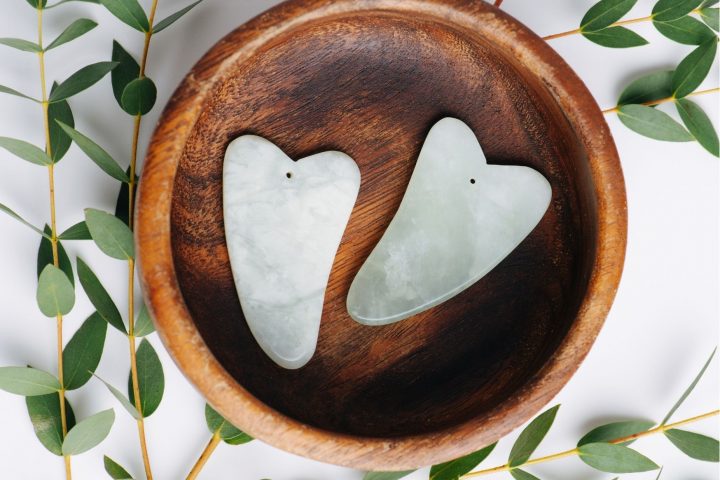At home things you can do to promote thick lustrous hair and to abate hair loss (alopecia).
To understand hair loss from a Chinese medicine perspective, we need to understand the mechanisms, which will result in hair loss.
Hair grows in an environment, which is moist, cool, and yin. We only need to look at the animal kingdom to see that when the weather gets cooler, the animal kingdom adjusts with environmental queues with the winter coat. The same is true for humans.
Hair grows thickly when the environment in the body is cool and yin. The blood and body fluids in the human body provides that environment. When the blood is plentiful, then hair is also reflected as being healthy and plentiful.
Due to stress, the environment, illness and aging, blood and yin fluids in the body can be depleted. Once depleted, heat is generated. This is not unlike a car engine running hot as the engine oil starts to run thin.
Heat and excess yang has a tendency to surge up towards the head. This is a basic rule of physics. Heat always rises. At the top of the human body, is our head and our scalp. Accumulated heat at the top of our heads leads to hair loss.

How to Grow Thick Hair:
Growing back your hair, or ensuring that your hair is in the best condition is about providing an environment where the roots and scalp are nourished and enriched.
The best way to do this is to ensure good quality yin and blood.
Think about a garden bed with rich soil that has good oxygenation and is well fertilized.
The organs mostly associated with blood and yin is the Kidney and Liver organs. In Chinese medicine, the Kidney hold the Yin energy of the body, and the Liver store the blood. The Yin provides lubrication and coolness to the body while the blood nourishes and fertilizes the body.
So, ensuring a lifestyle that nourishes these organs is essential for providing the best environment to promote the growth of hair.
Lifestyle Changes that Influence Hair Quality:
- Go to bed before midnight – good sleep ensures that the body has a chance to rebuild itself, to regenerate, and to reduce cortisol level which is highly caustic and corrosive to the body in general
- Avoid alcohol and coffee – both of these are very heating and can exacerbate the heat already there.
- Don’t wash hair too frequently – Once or twice a week is enough. Dry shampoo is a great tool here to help you get through the week and reduce washing.
- Don’t wear a cap too often – wearing a cap tends to trap heat and damp on the scalp.
- Avoid hairdryers – Hairdryers scorch the scalp and dry out follicles located in the hair, creating thinner hair more prone to breaking.
- Consider using silk pillowcases – silk pillowcases create less friction when you sleep, so your hair will glide along the fabric, rather than get stuck and knot. Less friction is always better to preserve the number of hairs falling out.
- Reduce your stress levels – stress has a very heating effect on the body. Take up meditation, yoga or other relaxation methods to help you unwind at the end of a stressful day.
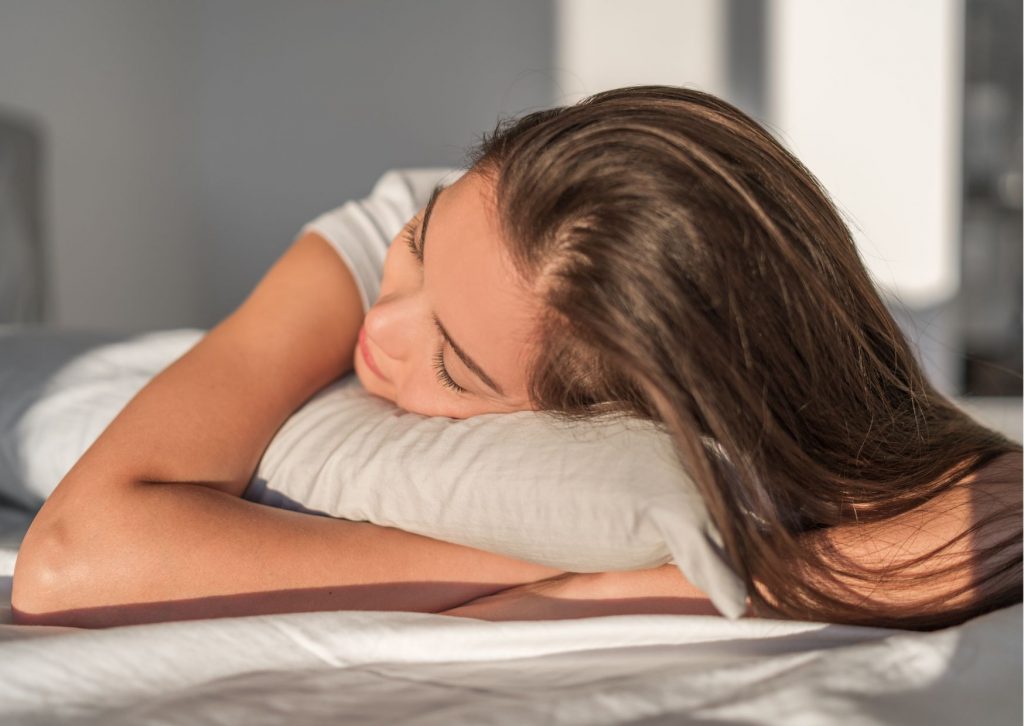
Foods That Build Blood and Yin to Help Hair Growth:
Any food that builds blood is good for your hair. The guide below is a lists of common things that can be done to promote blood:
- Take an iron supplement if you are low in iron. Iron is a necessary component for the formation of blood, so ensuring that you have enough iron is good for the promotion of hair growth.
- Take a Complete B supplement – B supplements are know to help the building of blood. Specifically B12, B6, and B9. A complete B is preferred, as dosing in one B vitamin tends to lead to imbalances. (See below for some additional info on B Vitamins).
- Spirulina, and other supplements high in chlorophyll are not only cooling but provide good micronutrients for building blood.
- Avoid coffee and alcohol as they are very heating for the body.
- Eat plenty of plants foods as they provide all the micronutrients to nourish the body. The following are especially important for Blood and Yin production – mulberry, molasses, cherry, black sesame, dandelion leaf, beetroot, kelp, spinach, date, and apricot.
- Avoid deep fried and inflammatory foods such as trans oils, and vegetable oils as they promote inflammation, and inflammation is heat.
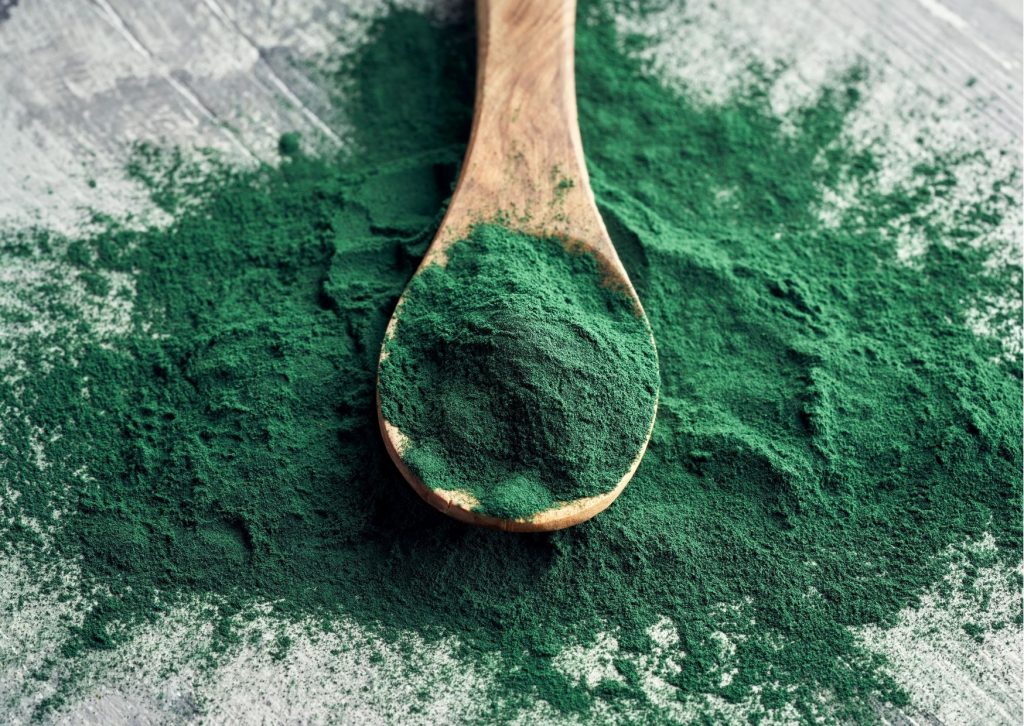
A Word on Biotin (B7):
Biotin is a B vitamin that breaks down substances like fats, and carbohydrates. It is found in foods such as eggs, milk and bananas. Biotin deficiency can cause thinning of hair, rash on your face, and brittle nails.
Biotin is often used in supplements for hair growth although currently there is not enough evidence to make outright claims that it assists with hair loss.
Biota leaf – Ce Bai Ye:
Also found in a lot of hair loss supplements available at health food stores and chemists. Not to be confused with biotin (B7), biota leaf (Ce Bai Ye) is commonly known as Biotae orientalis, Thuja orientalis, or Oriental arborvitae.
